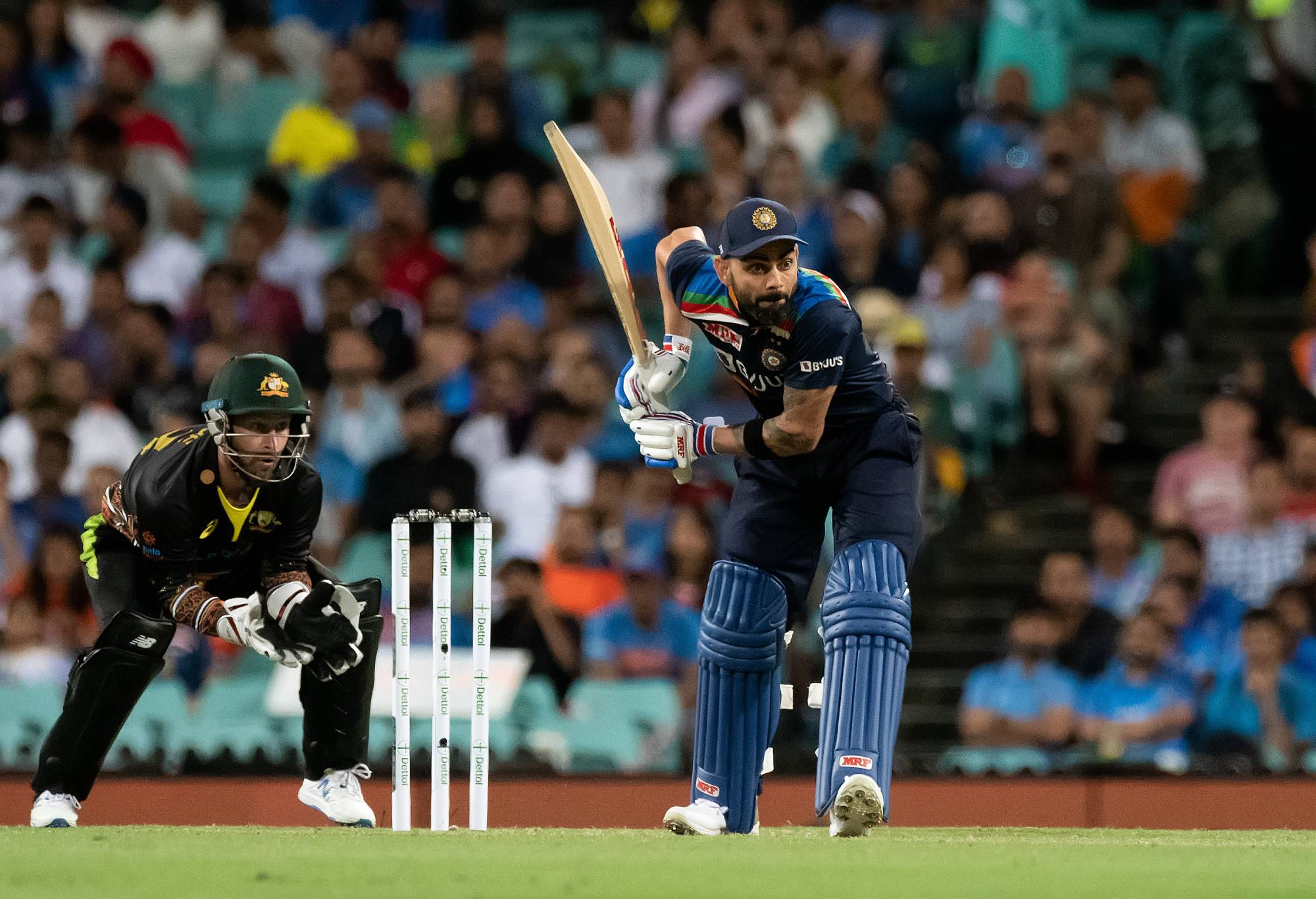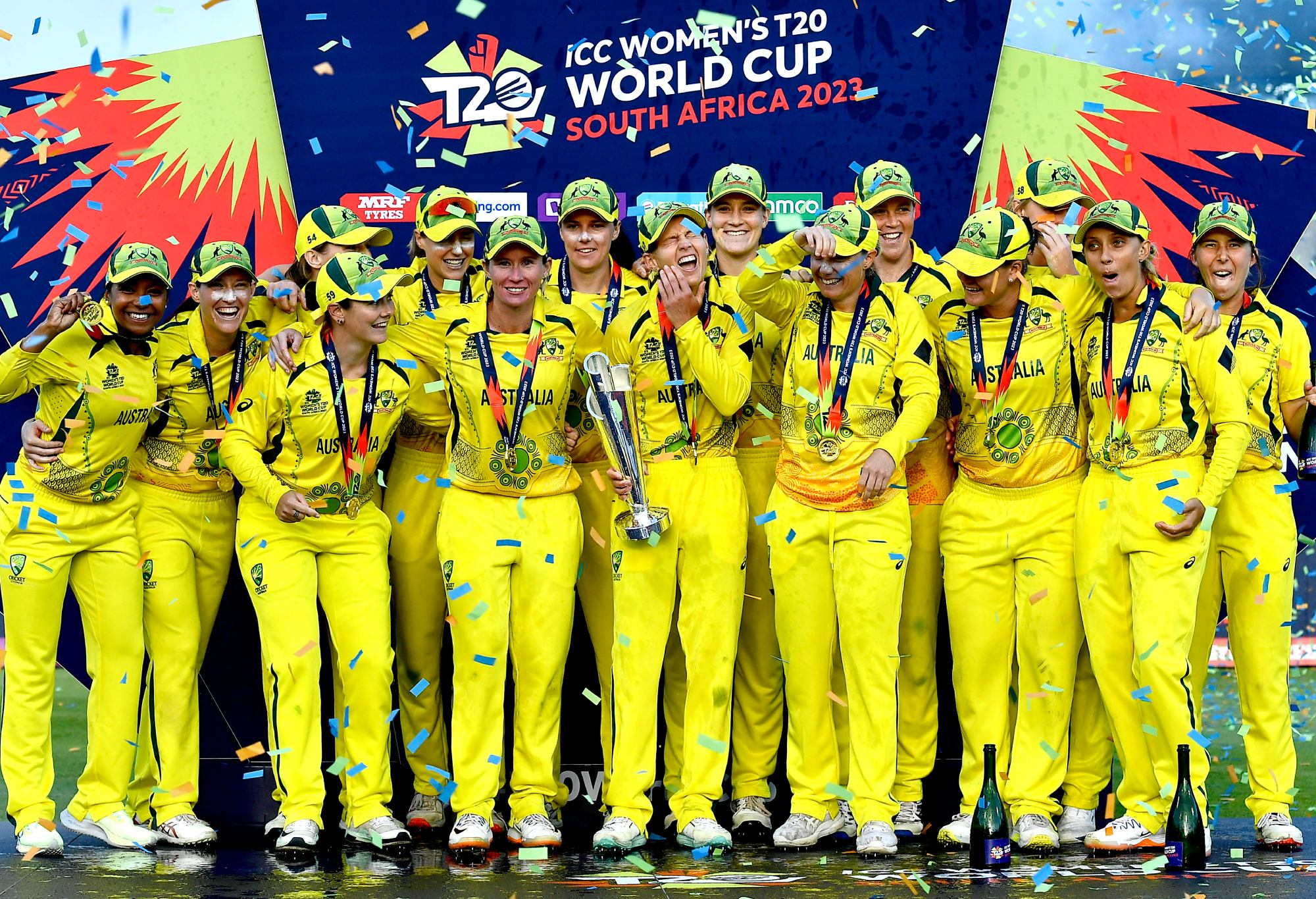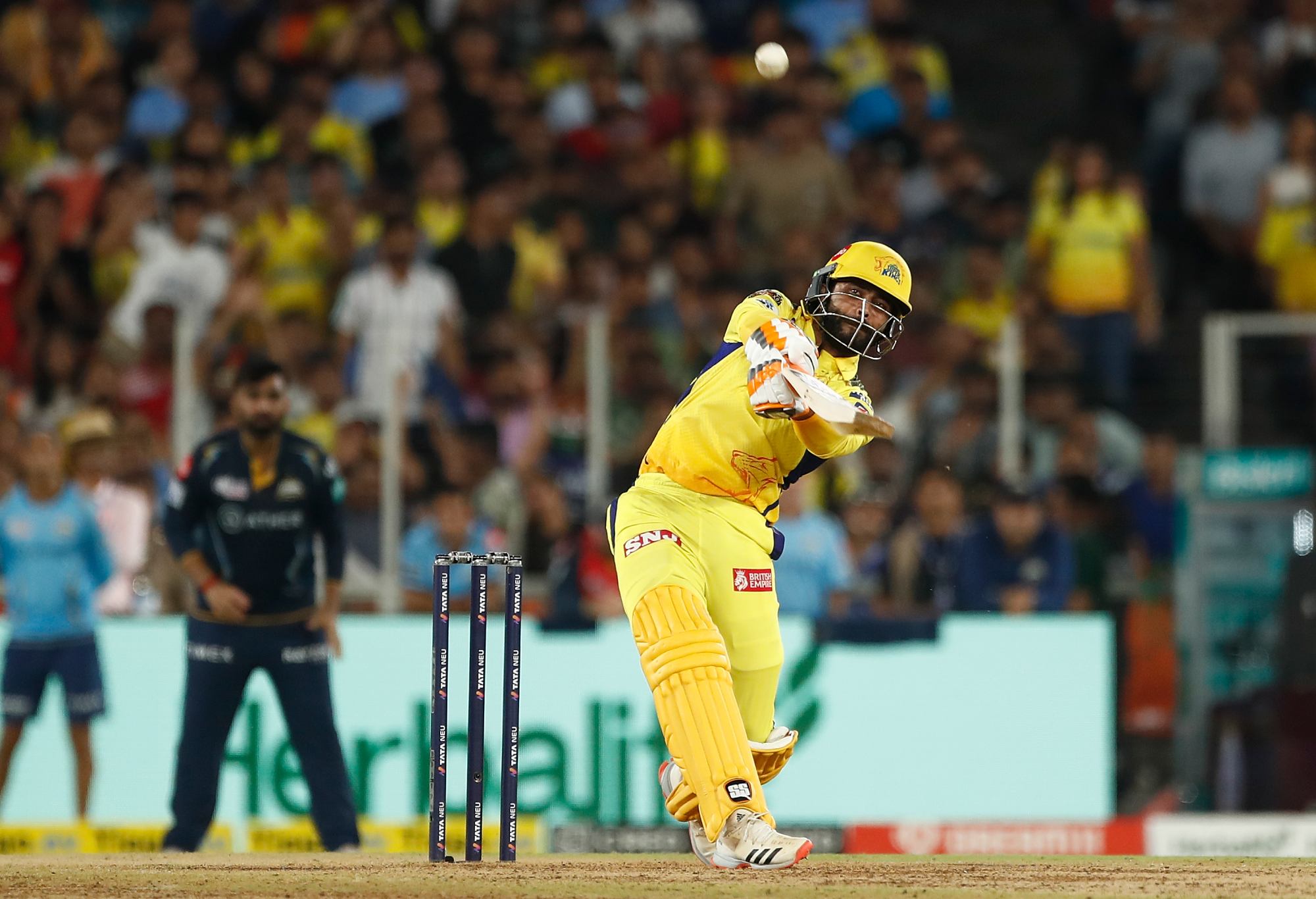It should surprise nobody who is even vaguely aware of the modus operandi of the IOC and ICC that the push to include cricket in the Olympics is all about money.
Despite the best efforts of their corporate spin doctors, the International Olympic Committee and International Cricket Council have thoroughly earned a reputation for making the pursuit of a dollar their favourite sport.
There is a relatively sudden push for cricket to be included in the 2028 Olympics in Los Angeles with eight nations in each of the men’s and women’s competitions going for gold in the T20 format.
Any cricket nuffie worth their linseed will tell you that the sport could be re-introduced, not introduced, after it was played at the Paris Games in 1900.
On that occasion it was contested by two teams – England and the host nation. Not surprisingly, the French team made up almost entirely of expat Englishmen pocketed the silver medal.
A decision on whether the IOC will be green-lighting a return was due later this week but has been delayed.

Virat Kohli. (Photo by Speed Media/Icon Sportswire via Getty Images)
The organisers in LA are reportedly pushing for flag football – the non-contact version of gridiron – to also get the nod.
At a time when the IOC is trying to reduce the number of competitors at each Games, bringing in a couple more team sports would be at odds with that supposed goal.
But the underlying reason is the usual one – filling the coffers.
The IOC wants to hit it big in the world’s newly crowned most populous, and increasingly prosperous, nation of India.
And the best way to stir India’s beating heart is via cricket.
Step one: cricket becomes an Olympic sport. Step two: An Indian city, likely Ahmedabad with its 132,000-seat stadium, will win hosting rights for the 2036 Games. Step three: Rake in the cash with rupees flowing from the subcontinent.
According to a report in The Times earlier this week, the IOC’s proportionally minuscule TV rights contract with Indian television of $US20 million for next year’s Paris Games could multiply tenfold for LA four years later.
What the broadcast rights would fetch by the time the Olympics lobs in India in 2036 would be measured in billions, not millions.
Brisbane is hosting the Olympics in 2032 and if cricket is in the mix they will need to stump up cash for another stadium upgrade or perhaps switch those matches to the Gold Coast because the Gabba will be in use as the main track and field venue.
With the extra funds coming into the IOC coffers, there should be spare cash lying around to help the Queensland government out there.
Manage, strategise & dominate. Download Wicket Cricket Manager today!
The final decision on cricket’s inclusion at the Olympics looks set to be sealed when the IOC meets next month. In Mumbai.
IOC president Thomas Bach has been quietly laying the groundwork for cricket’s rise to Olympic status.
He was photographed playing cricket during a break in the Oceania National Olympic Committees meeting in Fiji last year in what the German former fencing competitor claimed was a chance encounter.
“It could make sense,” Bach told CNBC-TV18. “You know, I cannot hide that, I’m really a fan of cricket, I was even playing once.
“I was in Fiji. We were walking across a sports field.
“There were women playing cricket and then my spokesperson, who is an ardent fan of cricket said, ‘now you have to play’. So we went to this women’s cricket team and they allowed me to play with them for some moments.”
Phew, cricket fans. If not for that supposedly chance encounter in a Fijian field, the IOC boss would never have gone on the front foot for the sport.
For the ICC, the chance to be promoted on the Olympic stage every four years could accelerate the sport’s desire to expand its boundaries away from its traditional Commonwealth powerhouse nations.
Being part of the LA Games represents an opportunity to build on the momentum generated by the recent launch of Major League Cricket tournament in the US and some matches in next year’s T20 World Cup in the Caribbean being played in Florida, Dallas, North Carolina and New York.
And by becoming an Olympic sport, it means cricket will get extra funding from national governments who have previously been reluctant to provide financial support.

Australia celebrate their ICC Women’s T20 World Cup triumph. (Photo by Ashley Vlotman/Gallo Images/Getty Images)
For powerhouse nations like India, Australia and England, this won’t make much of a difference but for the other nine Test-playing nations and ICC associate members, particularly with female players, extra government support could be monumental.
For the West Indies however, they would not be allowed to compete as a collective at the Olympics so the chances of the individual Caribbean nations qualifying would not be high.
It’s unlikely that an Olympic gold medal will instantly become a pinnacle for cricket.
Other global behemoths like tennis, football, golf and basketball, which have been part of the IOC’s mission to achieve greater popularity in recent decades, still don’t value Olympic gold as the ultimate reward.
The other major issue for the ICC is how to fit in an Olympics tournament to an already crowded international schedule which is under growing pressure from the proliferation of T20 leagues scattered across the globe, orbiting the IPL.
Conveniently the current Future Tours Programme expires in the year before the LA Olympics.

Ravindra Jadeja bats for Chennai Super Kings against Gujarat Titans. (Photo by Pankaj Nangia/Getty Images)
With each Olympiad a four-year cycle, the ICC could have a white-ball champion each 12 months – the T20 World Cup every second year with the ODI version and the Olympics in the intervening years.
But the schedule-makers would have to stringently adopt the recommendation that ODIs are pretty much removed from the calendar except in the 12 months leading up to the World Cup.
Something’s got to give.
But such issues are always going to be secondary in the eyes of administrators when there’s gold on the horizon in the form of astronomical broadcast rights deals.
Cricket has a chance to finally become a truly global sport if the ICC can cash in on the IOC’s not so altruistic overtures.
But the massive financial gains need to be spread throughout the cricketing world where it’s needed the most.
Whether the ICC and IOC can be trusted enough for that to happen is very much up for debate.
>Cricket News

%20(3).jpeg)




0 Comments